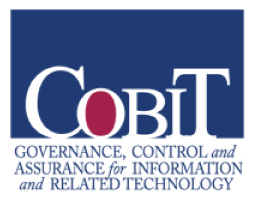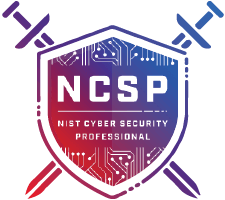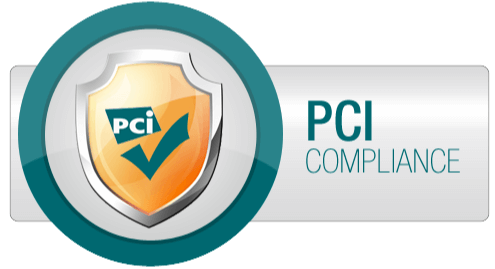Person-centered planning (PCP) is an approach to support individuals with disabilities in planning for their future. PCP benefits students, supporting them to define the life they wish to live and develop a problem-solving process to achieve their life goals. The process includes a student inviting family members, friends and others to meetings to discuss their hopes, dreams and desires; inviting others to contribute to the discussion on identifying their goals and ways to achieve them.
Facilitators play an important part in the PCP process. They keep supporters focused on the individual and ensure that the voice of the individual is heard and is the primary focus. Some schools use PCP as part of the IEP process.
Although the PCP approach helps students and families create a concrete vision and plan for a student’s future, some students require significant support to participate as fully as possible in the process. This can be due to communication limitations or a lack of maturity.
Increased Student Participation in PCP
To support students’ increased participation in the PCP or transition-planning process, educators and families can:
-
Promote choice
Help students make simple choices (e.g., what to wear, what to make for breakfast, what order to complete their homework in, what they want to order for lunch, etc.) Promoting more choice-based options can help lead to self-advocacy later in life.
-
Create sampling opportunities
Provide sampling opportunities to students and help them identify their goals and preferences. This can include giving a student the opportunity to engage in a variety of activities to gauge interest. Use an assessment to identify student interests. Once a level of interest is established in a particular activity, continue to support the student in further developing skills specific to their interests.
-
Use assessments
Find and use different assessments and curriculum to facilitate the sampling process and gain support. The Assessment of Functional Living Skills (AFLS) created by James Partington and Michael Mueller is a skills assessment that encourages community participation and helps identify interests and areas where students need assistance. Once you identify these interests and needy areas, you can start to teach students skills to achieve their goals. This can empower them to fully participate in the PCP or transition-planning process.
Rethinks’ Transition Curriculum helps educators build and further enhance transition-related skills for students. It includes goal builders, lesson plans and materials to teach community, home, employment and social skills to help students actively participate in their life planning process and prepare for life beyond school. It also enables students become their own advocates and encourages them to actively participate in communities specific to their interests.
Transition lessons break skills down into simple lessons that help students understand the importance of self-care, following routines and instructions, making choices, participating in groups, accepting feedback and correction and more. These sample lessons demonstrate how skills can be used to teach students to assume responsibility for their actions and establish independence in skill-building scenarios.
The PCP or transition process doesn’t happen overnight. It’s an ongoing process that requires care and consideration of a student’s specific needs and goals. Students also vary in skill and disposition, so it is always wise to develop plans and steps to support a student throughout the process, even if he or she can clearly articulate their expectations for their own personal development.
Starting early in the educational process with communication, social skills and self-determination encourages children and youth to actively engage in their future planning and will promote improved participation in Person Centered Planning.










